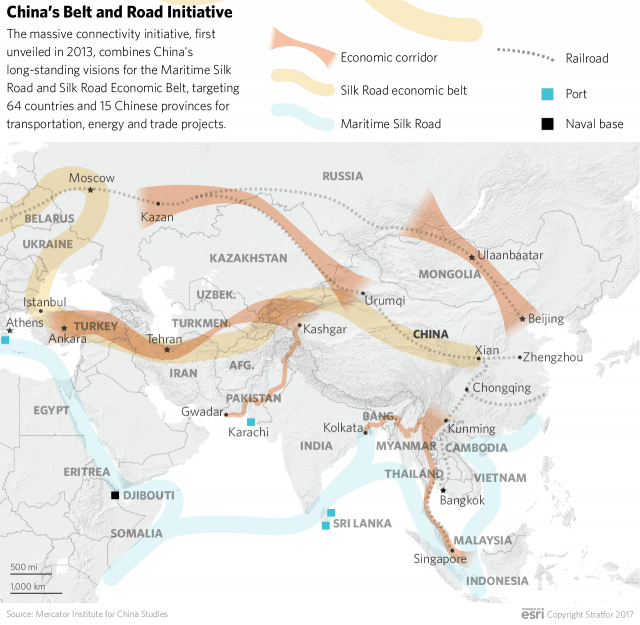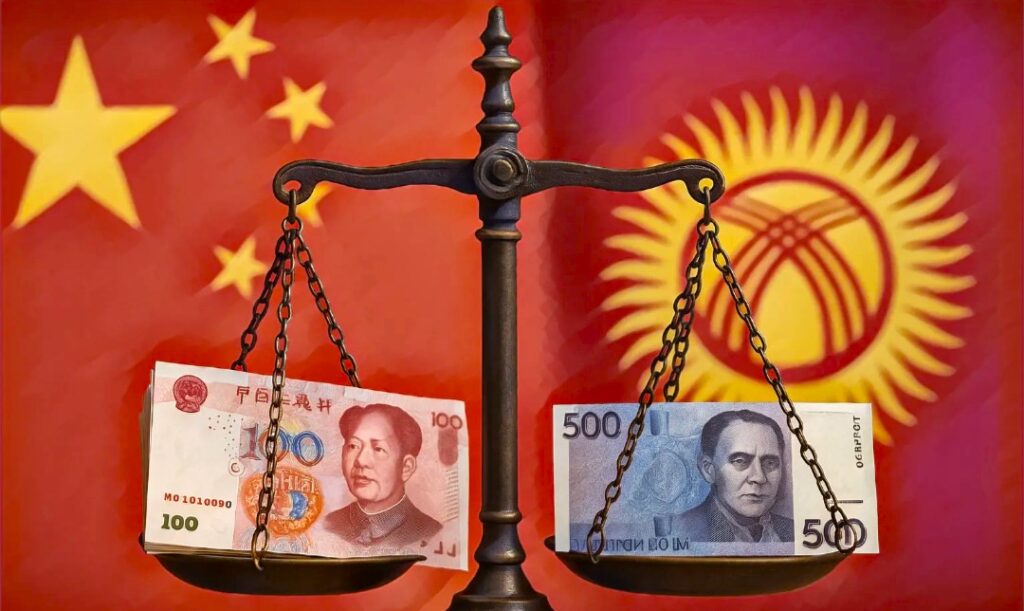NUR-SULTAN (TCA) — An expert discussion on the value, outcomes and results of the high-level Second Belt and Road Forum for International Cooperation was held last week at the Kazakhstan Centre for China Studies in Nur-Sultan, with the participation of representatives of state agencies, think-tanks, universities and media, the Kazakh Foreign Ministry reported.
The Second Belt and Road Forum for International Cooperation was held in Beijing in April. The First President of Kazakhstan – Elbasy Nursultan Nazarbayev, who attended the Forum as an honorary guest, presented Kazakhstan’s comprehensive view on the achievements in building the modern Silk Road and put forward a number of new strategic initiatives and proposals.
Speaking at the opening of the expert event in Nur-Sultan, Timur Shaimergenov, the Chairman of the Committee for International Information of the Ministry of Foreign Affairs of Kazakhstan, said that the “3D” initiative, proposed by Nursultan Nazarbayev, is a significant outcome of the Beijing Forum.
According to the speaker, in the current international situation, the initiative voiced by the First President is very relevant, since it is focused on the formation of a new geopolitical reality and the need to establish “Three Dialogues”. The first constructive dialogue is necessary at the global level between the United States, Russia, China and the European Union.
The second dialogue is necessary at the level of Eurasia in order to unite the capabilities of the Conference on Interaction and Confidence Building Measures in Asia and the Organisation for Security and Cooperation in Europe. The third dialogue is a systematic economic discussion between the Eurasian Economic Union, the European Union, the Shanghai Cooperation Organisation and the Association of Southeast Asian Nations.
The reasoning behind this initiative is very pragmatic — if all the involved countries and international organisations declare a desire for peace and security, then they must combine their capabilities and resources to solve common problems for the entire planet. This approach reflects the long-standing need to create a new global architecture of dialogue and partnership.









